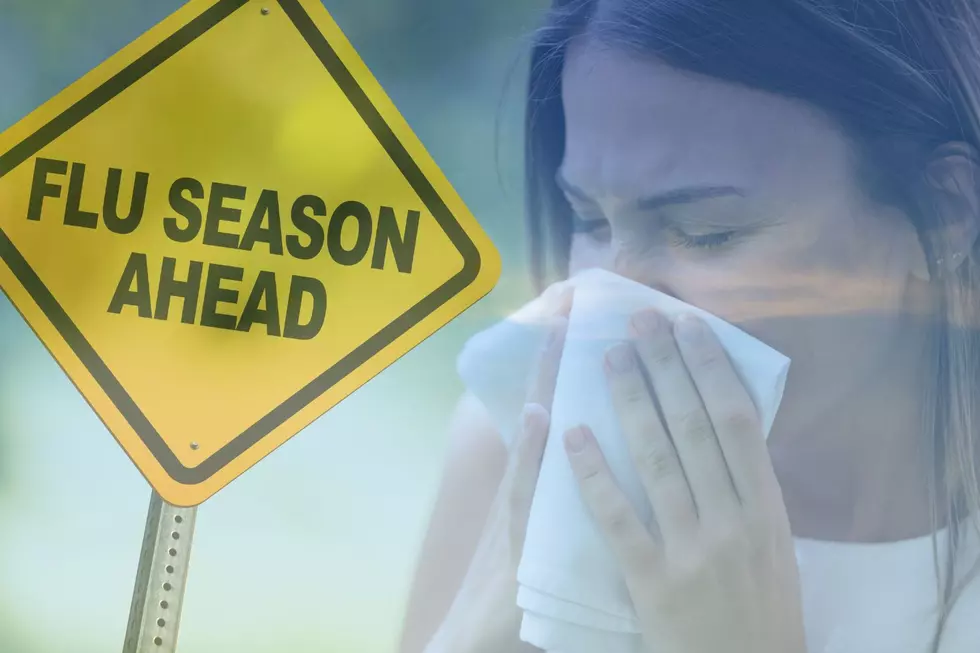
Prepare for Possible Flood-Related Health Concerns
The weather is changing and it is that time of year to enjoy the outdoors. With the weather getting warmer and the high levels of snowpack in the mountains, Spring flooding is eminent in many parts of Wyoming. Flooding in Wyoming is possible during the coming months and the Wyoming Department of Health is asking residents and volunteers to be mindful of health concerns related to the potential flooding.
Dr. Tracy Murphy, acting state health officer and state epidemiologist with the Wyoming Department of Health, said during and after a flood, water can become contaminated.
“Unfortunately, contaminated water, even a small amount, can sometimes cause illness,” Murphy said. “We’re asking residents in flood prone areas to plan ahead. If flooding does occur, affected people should be cautious and pay attention to specific announcements from local and state health authorities.”
The following information was provided by Murphy and describes some tips on avoiding any flood related health concerns:
Safe Drinking Water
Residents who receive water from a city or other public water supply source should watch and listen for public announcements about water safety and follow the specific advice offered.
Flooded private water wells can sometimes make the water drawn from that well unsafe. People who receive water from a flooded private well should not drink the water or use it to wash dishes, brush teeth, wash and prepare food, make ice, make baby formula or otherwise use for human consumption without taking precautions.
Safe water includes bottled water or water boiled for at least 3 minutes. Flooded, private water wells need to be tested and disinfected after flood waters recede.
Flood Waters
Although skin contact with flood water usually does not, by itself, pose a serious health risk, there is some risk of disease from eating or drinking anything contaminated with flood water. Do not eat food that may have come into contact with flood water.
Wash hands with soap and water that has not been contaminated, or has been boiled or otherwise disinfected or use an alcohol-based hand sanitizer before preparing or eating food, after toilet use, after participating in flood cleanup activities, and after handling articles contaminated with flood water or sewage.
Keep open cuts or sores exposed to flood water clean by washing well with soap and safe water. If a wound develops redness, swelling or drainage, see a medical professional.
Tetanus
Tetanus bacteria enter the body through cuts or wounds and can cause serious disease. Workers, volunteers and residents involved in flood operations or clean-up efforts may be at increased risk for injury and should consider whether they are up-to-date on their tetanus immunizations. Routine boosters are recommended for adults every 10 years; possibly sooner for injured persons.
Children
Parents should help children avoid waterborne illness. Do not allow children to play in flood water areas, wash children's hands frequently (always before meals), and do not allow children to play with flood-water contaminated toys that have not been disinfected. Disinfect toys using a solution of 1 cup of bleach in 5 gallons of water.
Illness
People who become ill after drinking contaminated water or contact with flood water should consult a medical professional. Symptoms of illness from drinking unsafe water include upset stomach, vomiting, diarrhea, fever, cramps and headaches. Children (especially infants), the elderly and those with existing health conditions or severely compromised immune systems are at greater risk of severe illness.
Audio is courtesy of Tracy Murphy



